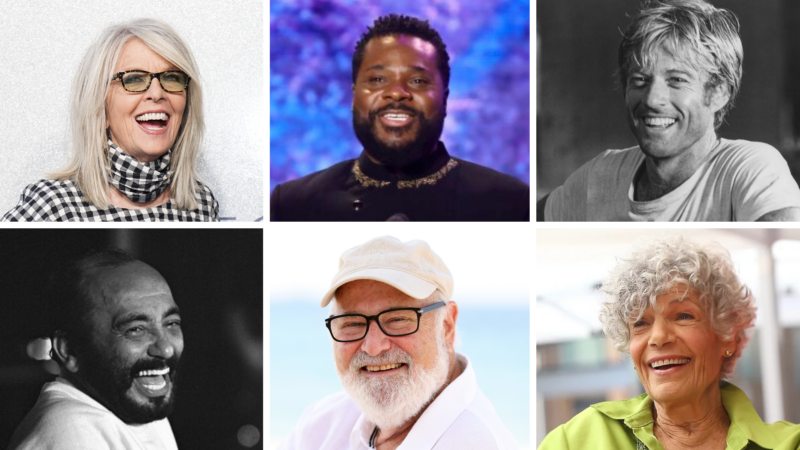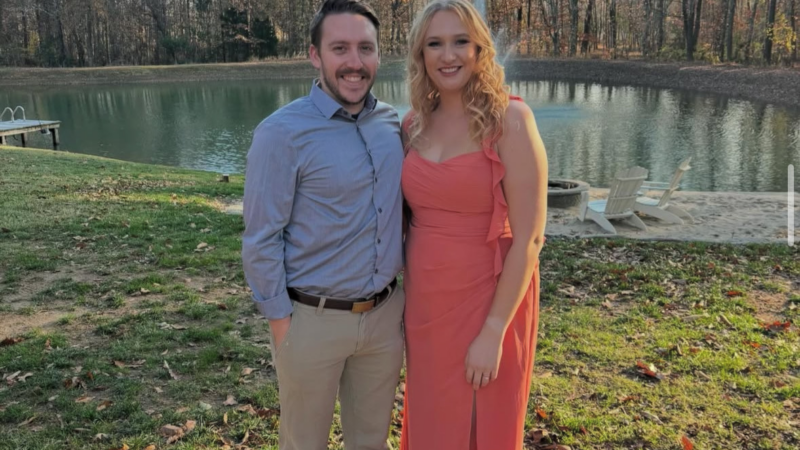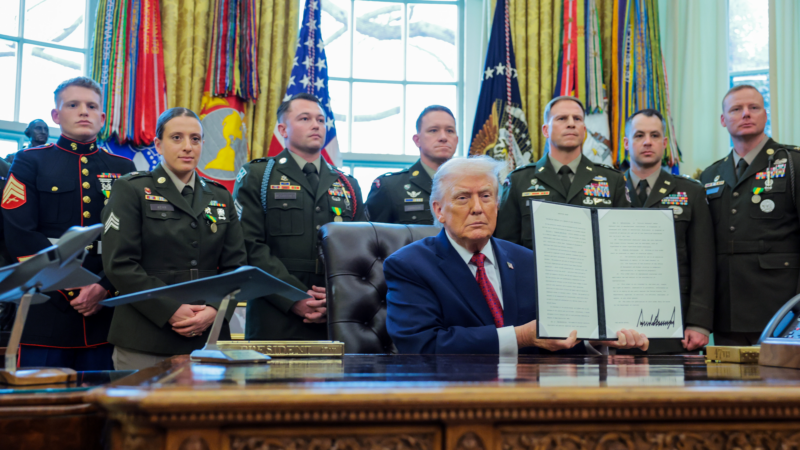U.S. withdraws from U.N. cultural agency over ‘divisive social and cultural causes’
The Trump administration will withdraw the U.S. from the United Nations Educational, Scientific and Cultural Organization (UNESCO) — about two years after the U.S. rejoined the group under Biden.
The agency focuses on promoting international collaboration in education, science and culture. It’s best known for its list of World Heritage sites, which acknowledge places with cultural or natural significance.
On Tuesday, U.S. State Department spokesperson Tammy Bruce said in a statement that involvement in UNESCO is “not in the national interest of the United States,” accusing the U.N. agency of advancing “divisive social and cultural causes.”
Audrey Azoulay, UNESCO’s director general, said the decision was disappointing but anticipated. According to Azoulay, the withdrawal will take effect at the end of 2026.
“This decision contradicts the fundamental principles of multilateralism, and may affect first and foremost our many partners in the United States of America — communities seeking site inscription on the World Heritage List, Creative City status, and University Chairs,” Azoulay said in a press release.
UNESCO has 194 member states and oversees more than 1,200 World Heritage sites — 26 of which are located in the U.S., including the Statue of Liberty, Yosemite National Park and Grand Canyon National Park. Sites that are added to the World Heritage list gain access to international funding to help with protection and conservation.
Among the reasons Bruce gave for the decision to withdraw from UNESCO, were the organization’s “outsized focus” on the U.N.’s sustainable development goals, which include fighting poverty and hunger, as well as promoting gender equality and clean energy.
She called the goals a “globalist, ideological agenda for international development at odds with our America First foreign policy.”
Bruce said the Trump administration also took issue with UNESCO’s move to admit the state of Palestine as a member back in 2011.
“UNESCO’s decision to admit the ‘State of Palestine’ as a Member State is highly problematic, contrary to U.S. policy, and contributed to the proliferation of anti-Israel rhetoric within the organization,” she said.
This is not the first time that the Trump administration has pulled out of UNESCO — it did so during President Trump’s first term in 2018 over similar concerns about anti-Israel bias at the U.N. agency.
Five years later, in 2023, the Biden administration rejoined UNESCO and announced plans to pay over $600 million in back dues.
UNESCO’s decision to include Palestine as a member has sparked debate for years. In 2011, the Obama administration similarly objected to the decision and cut funding to the organization.
NPR’s Michele Kelemen contributed reporting.
Farmers are about to pay a lot more for health insurance
Tariffs, inflation, and other federal policies have battered U.S. farmers' bottom lines. Now many farmers say the expiration of federal health care subsidies will make their coverage unaffordable.
Why do we make New Year’s resolutions? A brief history of a long tradition
One of the earliest mentions of New Year's resolutions appeared in a Boston newspaper in 1813. But the practice itself can be traced back to the Babylonians.
Remembering the actors, musicians, writers and artists we lost in 2025
Every year, we remember some of the writers, actors, musicians, filmmakers and performers who died over the past year, and whose lifetime of creative work helped shape our world.
A little boy gave her hope for her foster daughter’s future
At a neighborhood park, a young boy noticed Natalie's young foster daughter using a walker. His reaction left Natalie with an unexpected feeling of hope for the future.
Judge orders new trial for Alabama woman sentenced to 18 years in prison after stillbirth
Lee County Circuit Judge Jeffrey Tickal vacated Brooke Shoemaker’s 2020 conviction for chemical endangerment of a child resulting in death. Tickal said Shoemaker's attorneys presented credible new evidence that the infection caused the stillbirth.
In one year, Trump pivots fentanyl response from public health to drug war
Experts say Biden's focus on addiction health care saved tens of thousands of lives and slowed fentanyl smuggling. Trump scrapped Biden's approach in favor of military strikes.









